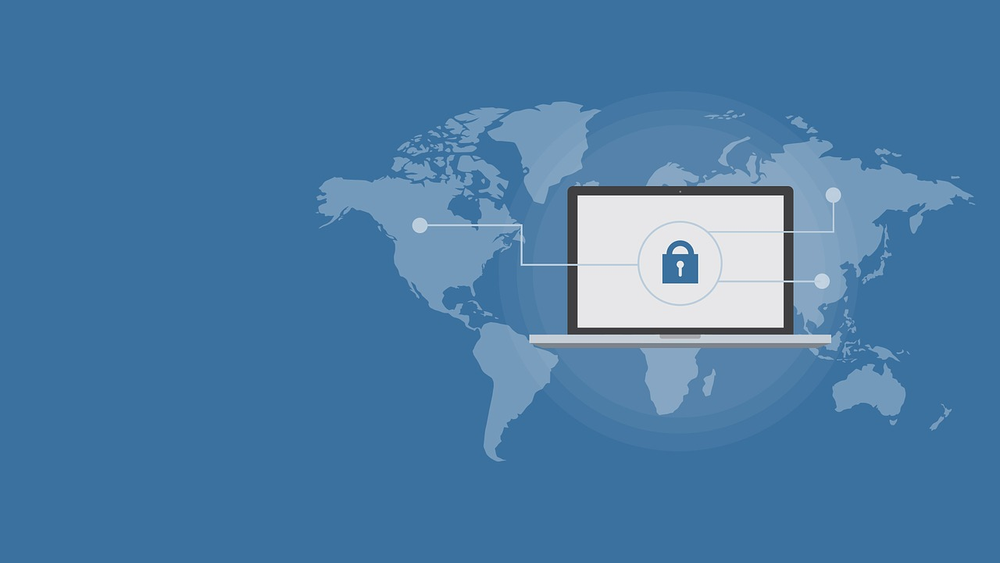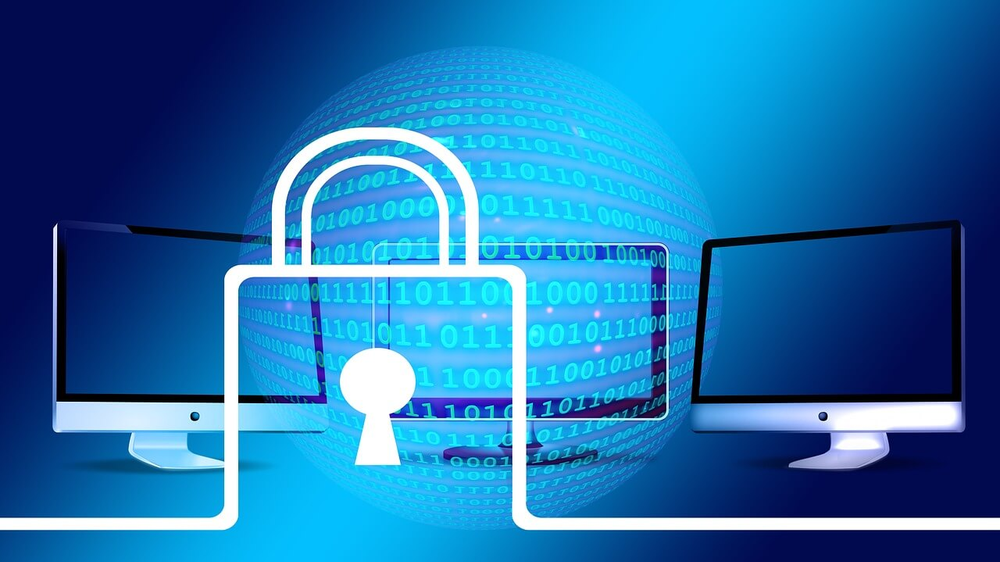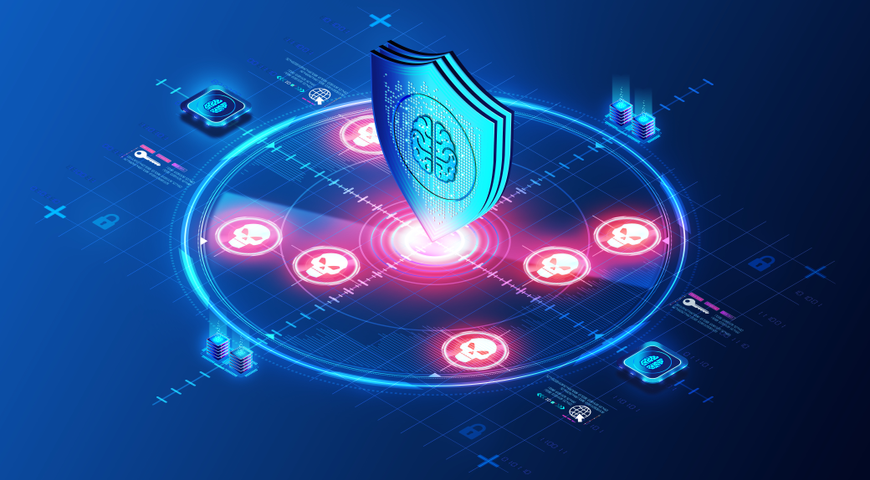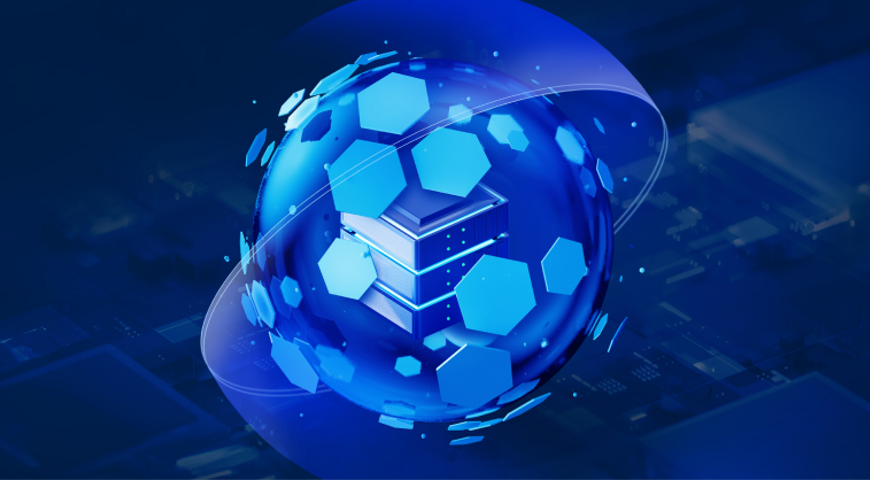Cross your heart: When did you lose data last? No, not that you may not have found a phone number, but a really bad data loss, because the smartphone fell into water or the PC hard drive could not endure summer heat.
Maybe it was a system change from a smartphone to another or simply a transfer to a new computer. Too few users have serious concerns about data protection today.
We live in a world where almost all official and private areas depend on data. Even the supermarket counter does not come without a data server today. Thus, it is important to be concerned about the protection of data. On a large scale as in private.

Data protection concerns – in general – three sub-areas:
- the security of data, from all personal data such as bank accounts, TANs and PINs, from thieves and misusers
- The protection of data against viruses and other damaging software
- The protection of data from loss through hardware failure
Data protection is therefore more than virus protection and a password. Many users still ignore the protection of their data. Surely you know someone who has four or five defective cell phones at home. The data stored on the SIM card may have been saved. Similar is the case with laptops and tablets. Whenever a device fails, data is lost. This could just be letters and emails. Mostly they are photos and thus, the best memories that are lost forever. These could also be contracts and documents. Data loss is thus a material and sentimental loss.
Some people may feel safe because the data is hardly stored on their own devices. Then the data is in the cloud. Some pictures are saved on Dropbox or Instagram and no longer on the smartphone.
Documents are stored on Microsoft 365 in the cloud. Emails are at GMX or Google. Possibly this data will never be lost, possibly.
So what exactly is data protection? Data protection is a general term for all the techniques used to protect data against loss, damage, theft and alteration.
Data protection – All that it is about
The technologies for data protection consist of hardware and software. Personal data is protected from strangers with passwords. A reflection on a second storage drive creates protection against technical failures of a storage drive. A backup duplicates the data and stores it temporarily and spatially separately from the “live” data. An independent power supply protects the computer and its hard drives from power outages. Data protection thus deals with securing data from unauthorized persons and misuse as well as protecting data against losses. Finally, data protection involves the defence of computer viruses and extortion software (ransomware).
One of the most important tasks that users have to take care of themselves is protection against theft and abuse. This applies not only to the data on the personal devices from the PC via tablet to the smartphone, but also the data “on the Internet”. All data on the Internet is an object of desire. This applies in the first place to passwords for accounts with Google, Facebook, WhatsApp or Skype. Many people tend to use the same passwords for different accounts. Once wiped out, hackers also hope to gain access to their email account or mobile phone. Then it’s just a small step to the bank account or the PayPal account.
The most important tips for protection against password spying and thus basic rules for data protection are:
- Never use the same password for multiple accounts.
- Never use words as passwords that are in a dictionary or that are composed of numbers (birthdays or lottery numbers), as these can easily be generated by a generator.
- Change the password regularly.
- Do not store the list of passwords on your computer or smartphones.
Regularly changing passwords is also a first step for the next task in data protection: protection against virus. Anti-virus programs and programs to secure Internet access have proven reliable against virus, spyware and other damaging software, whereby the firewall (literally the firewall) of the operating system can only be the minimum solution. Protection against virus is therefore important, for example, because even the popular USB stick and other external media can not become a source of danger.
Advanced users have a RAID-System with multiple hard drives. This helps especially against minor technical errors within a hard drive. RAID systems can– , depending on the configuration, distribute – data on multiple hard disks. If a hard disk then has, for example, difficulties in reading a data block, the data block can be read by one of the additional, i.e. redundant, hard disks. However: If user data is erased completely erroneously, they will also be lost on the redundant drives
However: No matter how carefully passwords and virus protection are chosen or how expensive the hard drive system was – , the day will come when data will be lost.

Backup for home and business
So far, the protection against external interference, i.e. by viruses and malware or by attacks, has been predominantly discussed.
The loss of data, however, is not always attributable to an attack from the outside. Often there are very simple reasons. For example, a system change or even just a defect in the memory drive – from the broken hard drive, over a defective USB stick to the total failure of a smartphone or PC. Repair services can try to recover data, often only in part and in general with costs that are far above the price for the storage media. Often, however, there are also human errors: Photos or directories were simply deleted. Many users are now faced with the time-consuming attempt to search WhatsApp or Skype chats for photos. Important addresses or phone numbers must be painstakingly searched or all friends asked to resubmit data.
One of the most overlooked means of data protection for private users is backup. A backup is a temporary and spatial storage of existing data on a separate data carrier separated from the “live” system. Typically, this is a second hard drive. Anyone who occasionally copies their data folders to a separate hard drive has already taken an important step. If data is corrupted, you may be able to reconstruct the data from this data carrier. These copies must be done manually and usually take a very long time. During the copy process, the computer is often slowed down.
A backup software performs the copying rather in the background. In this case, the backup software only needs to be set to which data should be backed up automatically. The backup software then performs the following steps:
- Secure the operating system environment and settings files,
- Completely secure all data, i.e. all images and documents as well as the programs and their settings files, etc.,
- Setting checksums,
- Regularly recurring (the so-called incremental) saving ensures all changes since the last backup.
Sophisticated backup software can also back up data from smartphones and tablets. This is done – once set – in the background, without the users having to worry about what and how.
In the event of a data loss, the data is stored on the backup drive, because this backup drive is at rest during normal computer operation and can only be accessed through the backup software, the data on this drive is secure. A backup is possible for individual files or folders, for complete drives or for entire systems – and whoever makes a backup of his smartphone can also completely restore iPhone or Android Smartphone in case of damage.
If you want to make data protection even more secure, create a backup from your backup drive. A backup is also created from this second backup. This multiple backup facility is called Grandfather-Father-Son principle. This principle existed in the beginning of electronic data processing and is considered to be particularly secure, because even errors on a backup data carrier no longer have any effect. The data carriers are used over and over again in a rotation system.
Modern backup solutions also use the cloud as a secure repository for backup data records. When backing up in the cloud , the user does not have to worry about providing the drives for data security and operation. The backup software simply backs up all the latest updates as soon as a device is online.
Advantages of backup solutions
The advantages of backup solutions are obvious.
- The data backup is carried out automatically, so that the user cannot forget to backup his pictures, contacts, phone numbers, emails and documents.
- The backup runs in the background and does not disturb the calculator, smartphone or tablet as much as a direct copy.
- A backup with Acronis can secure PCs, smartphones and tablets (iOS and Android) and other devices.
- In a cloud backup, secured storage systems are used in a data centre of the backup solution provider and the user does not have to worry about the acquisition and operation of the backup drives.
- With the comfortable set-up assistants, users do not have to learn the operation of another software, but can focus on what is important.
A backup is therefore more than just a copy of the data. But the backup should also be planned. Once planned, the recovered from almost any situation.
The three golden rules for data protection
Rule 1: An important prerequisite for data protection is the awareness of the correct handling of passwords, the appropriate selection of devices from the PC via the tablet to the smartphone and the correct selection of services from the cloud.
Rule 2: Assess what data you have, where it is currently stored, how important it is and whether you have access to this data. Such an inventory will reveal vulnerabilities in data protection – from passwords contained in files, to external hard drives, to which access is no longer possible.
Rule 3: Use a backup software. Above all, if you want to secure many different devices, a backup software including Cloud-Storage is recommended. Also use this backup software to regularly check if the data can be restored.
About Acronis
Acronis is a Swiss company, founded in Singapore. Celebrating two decades of innovation, Acronis has more than 1,800 employees in 45 locations. The Acronis Cyber Protect Cloud solution is available in 26 languages in over 150 countries and is used by 20,000 service providers to protect over 750,000 businesses.




